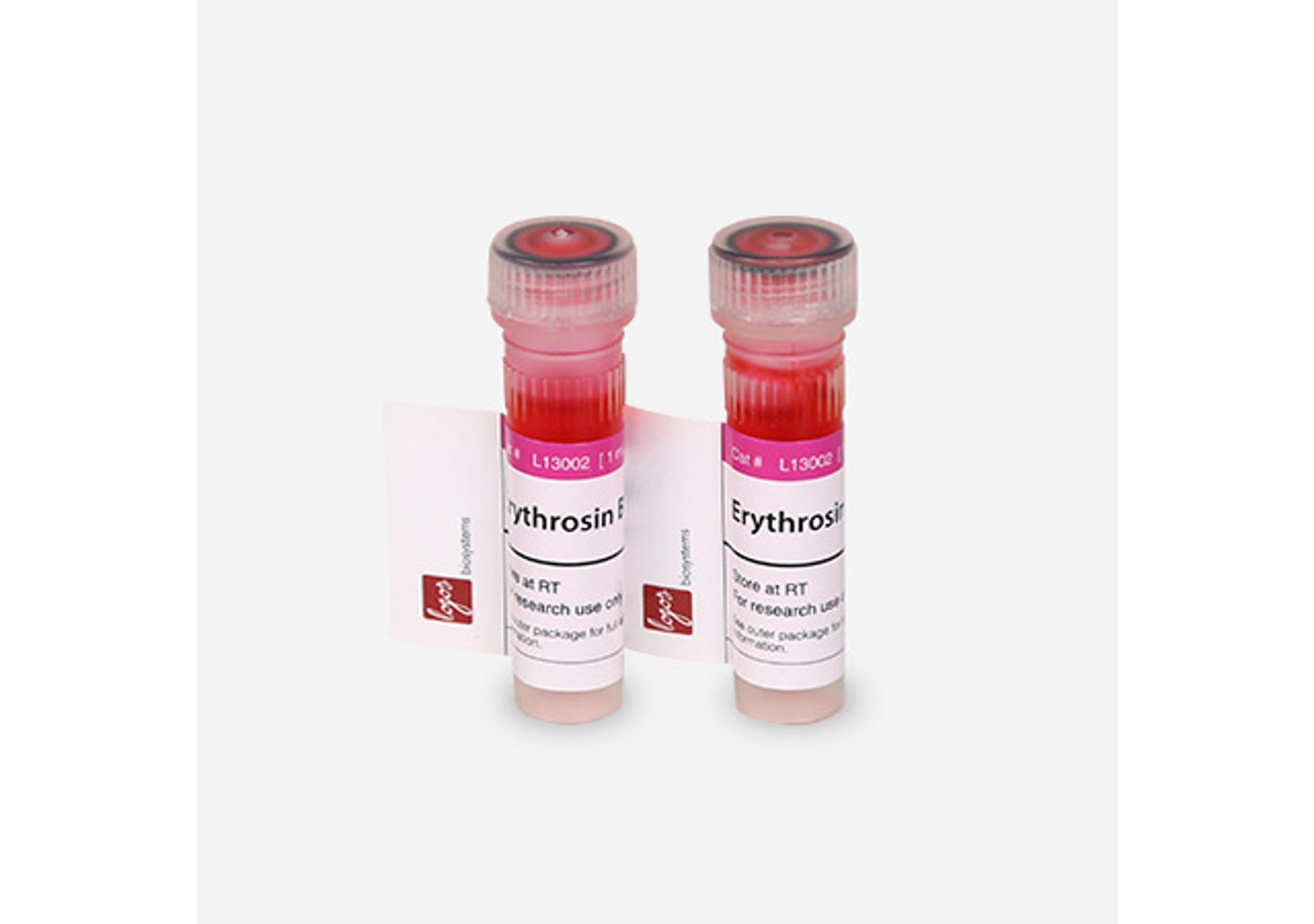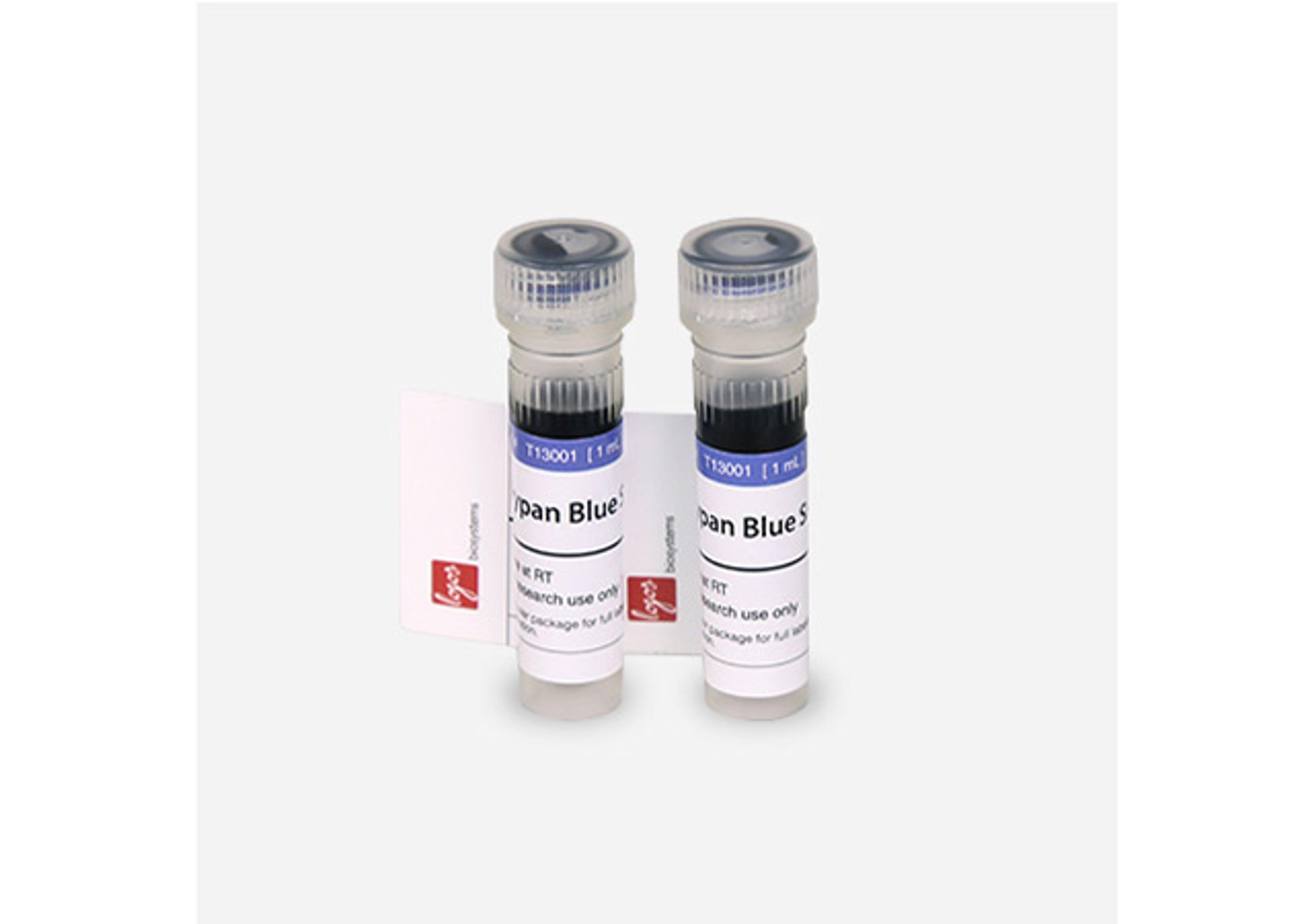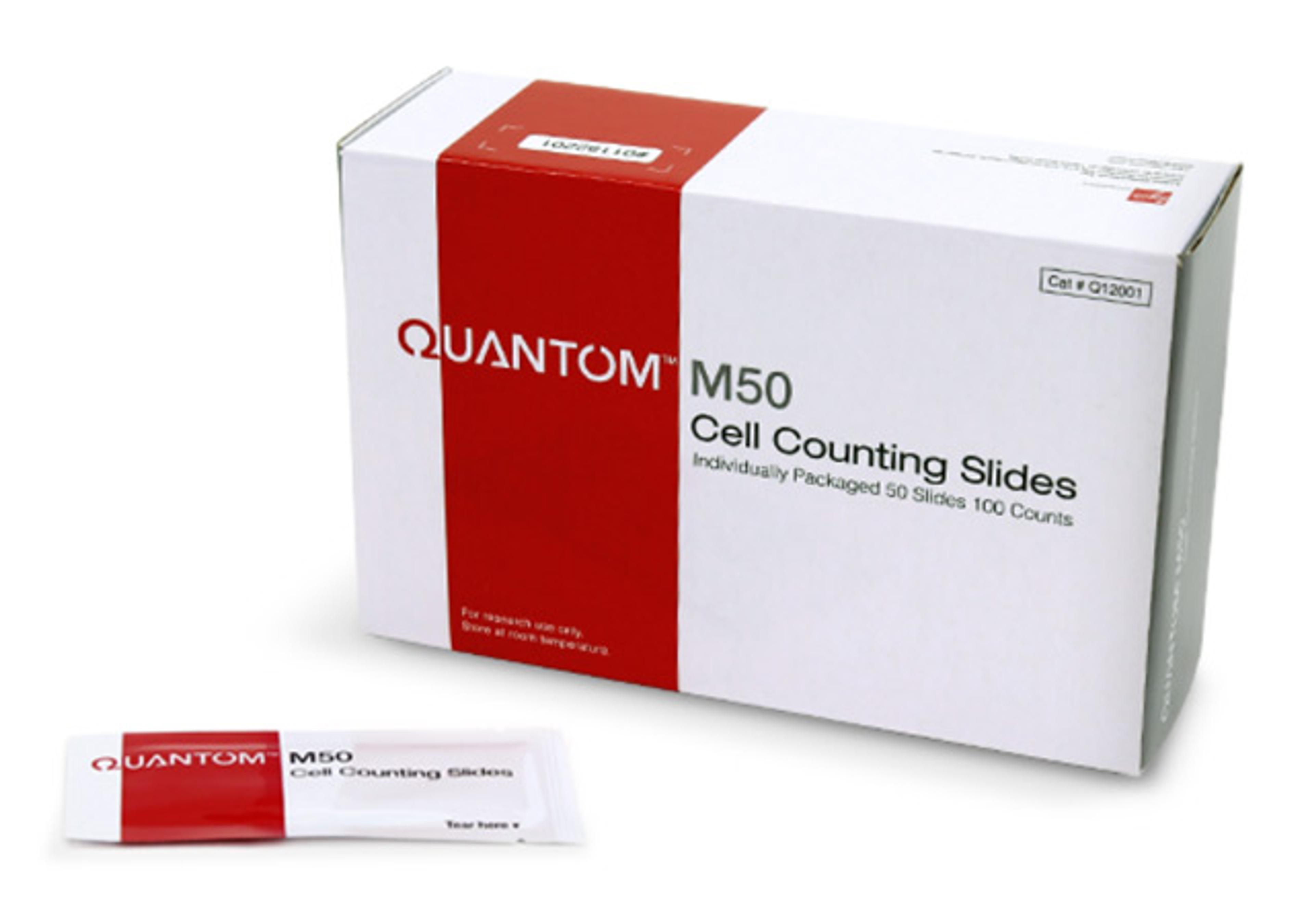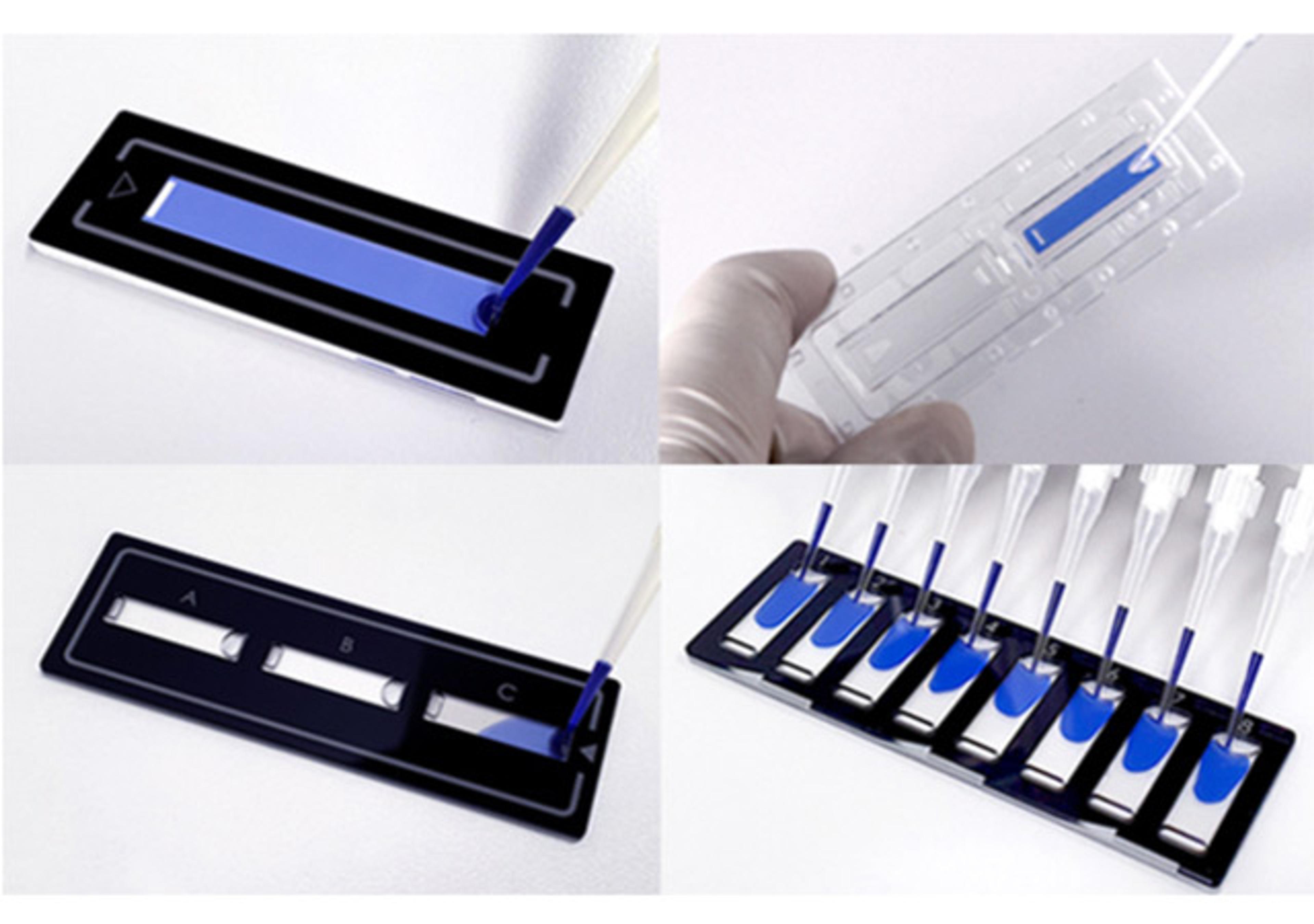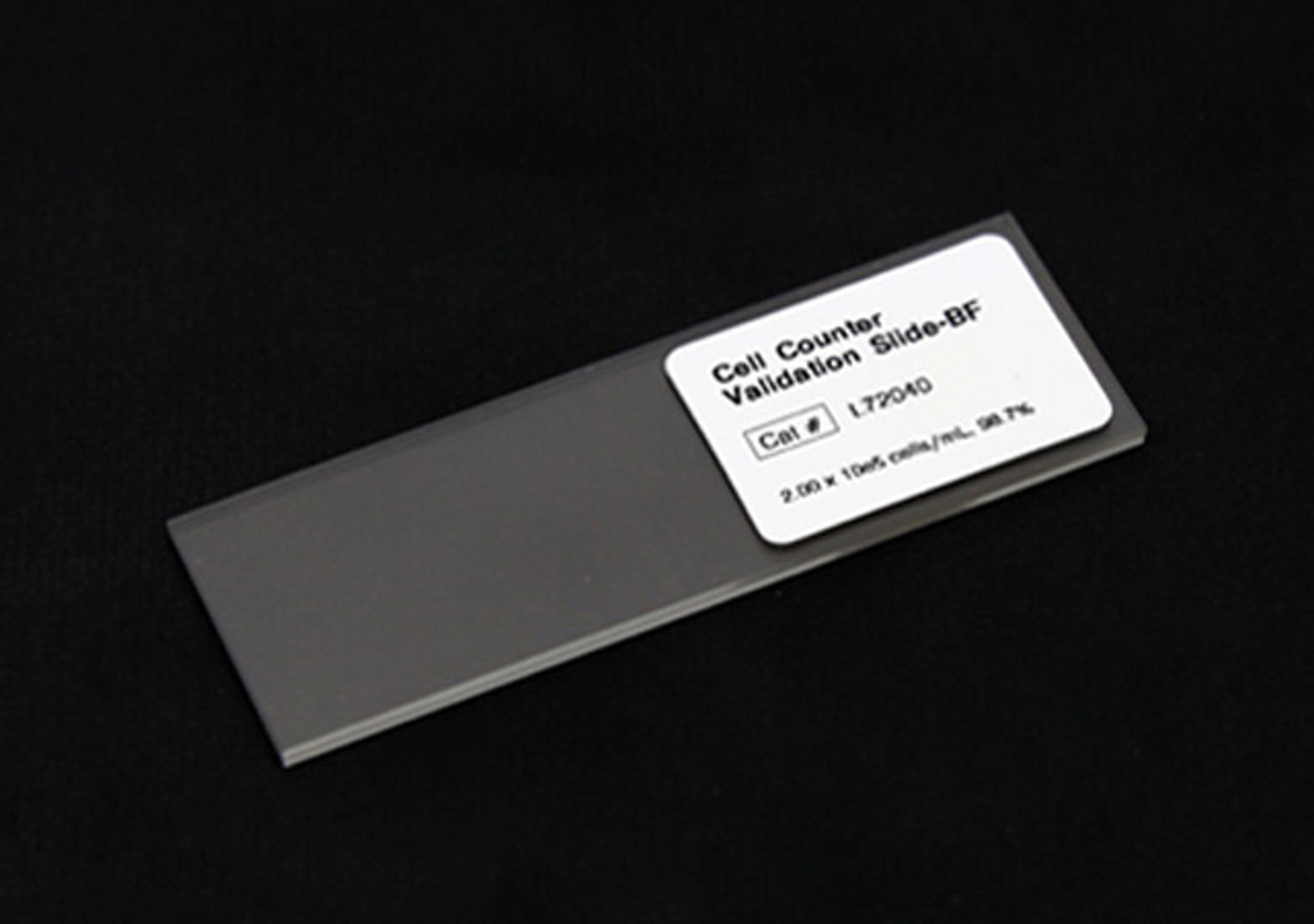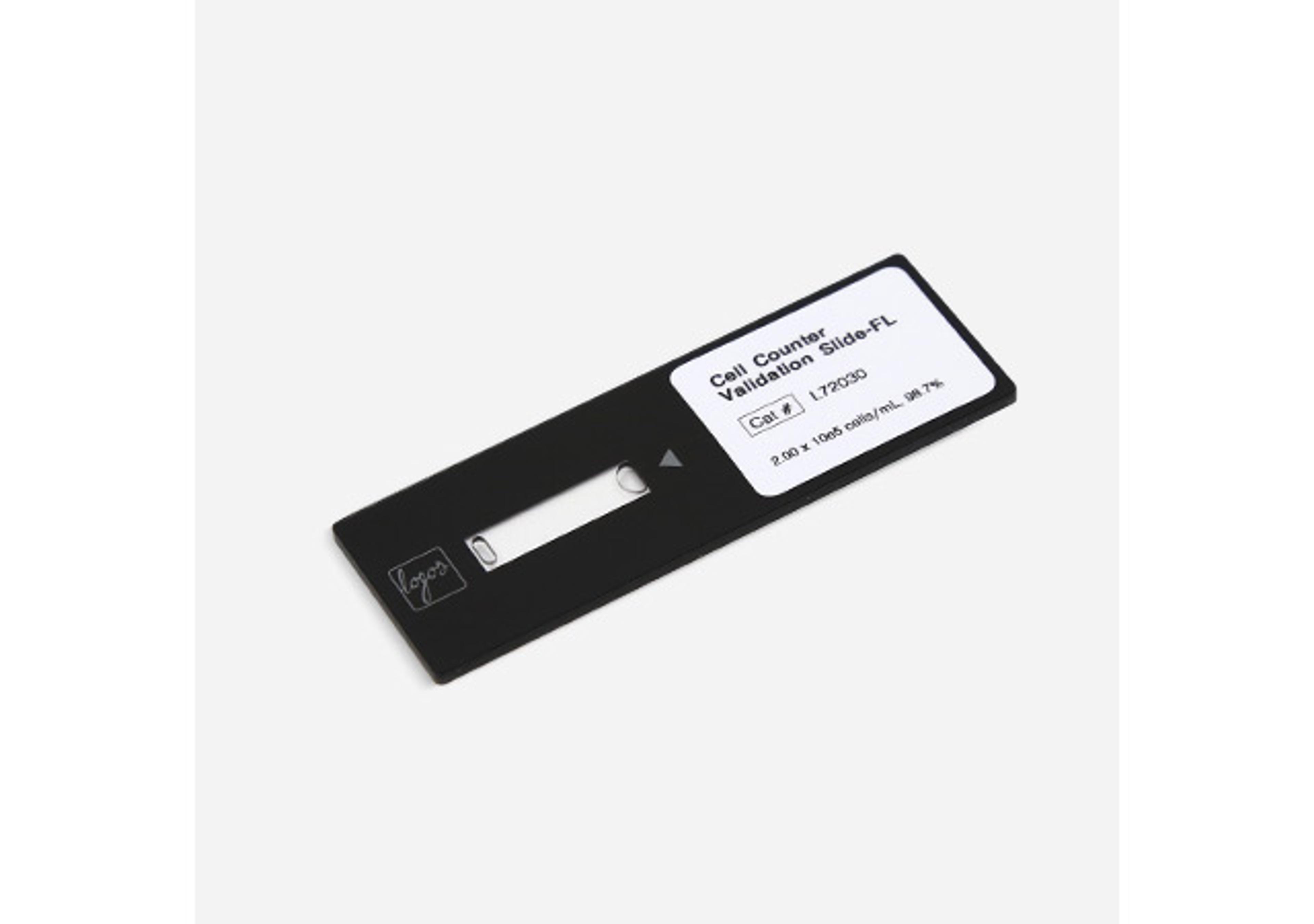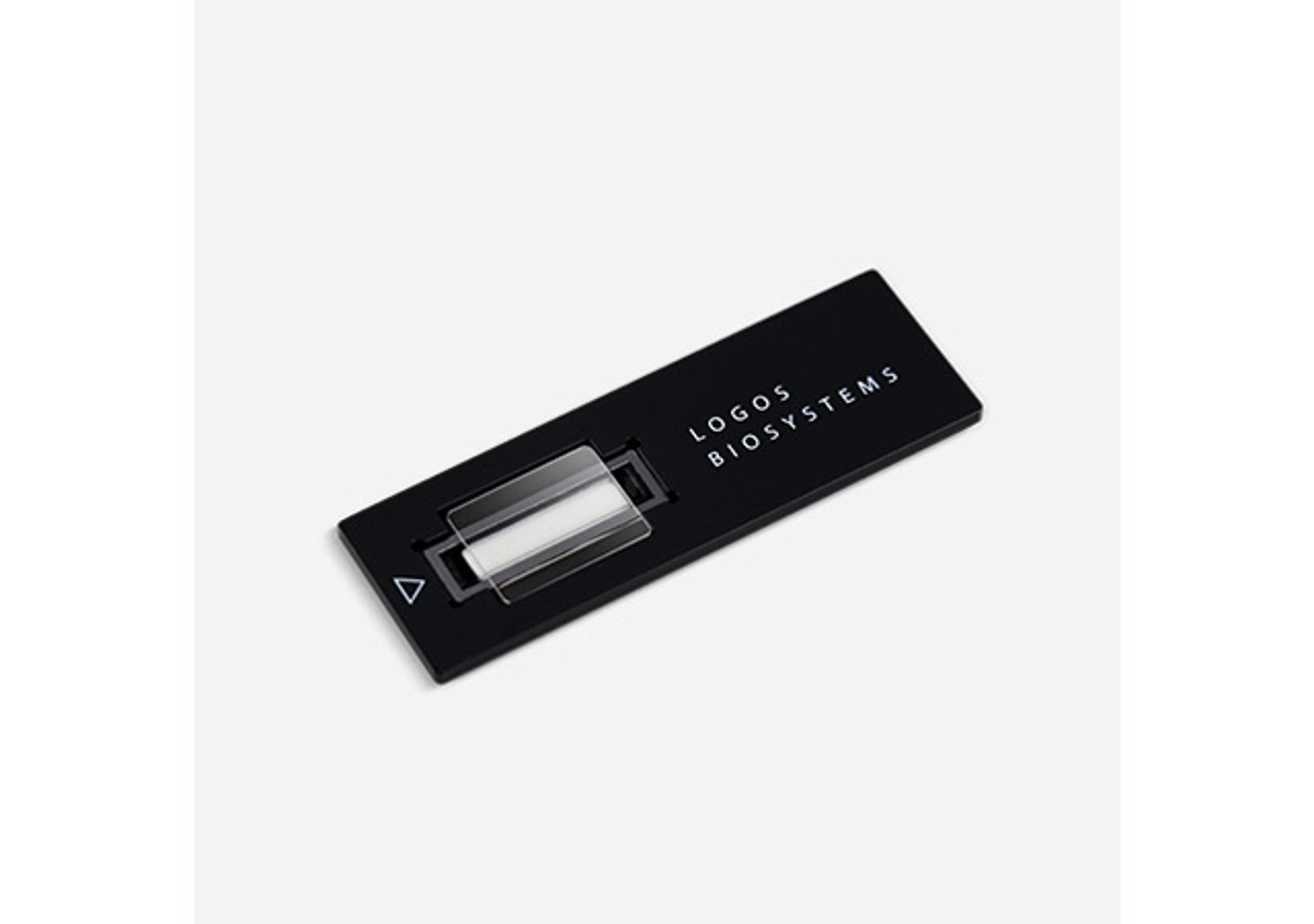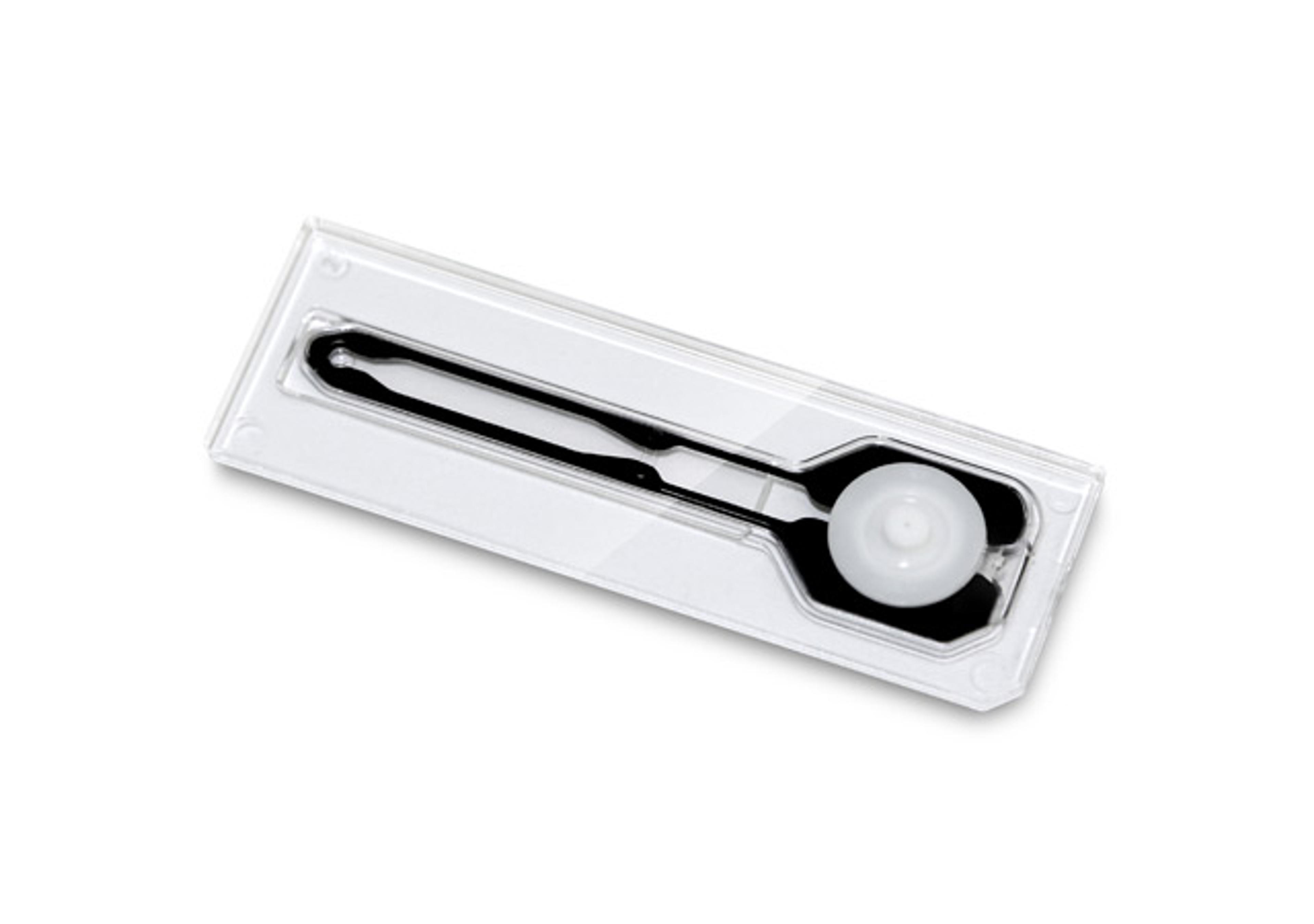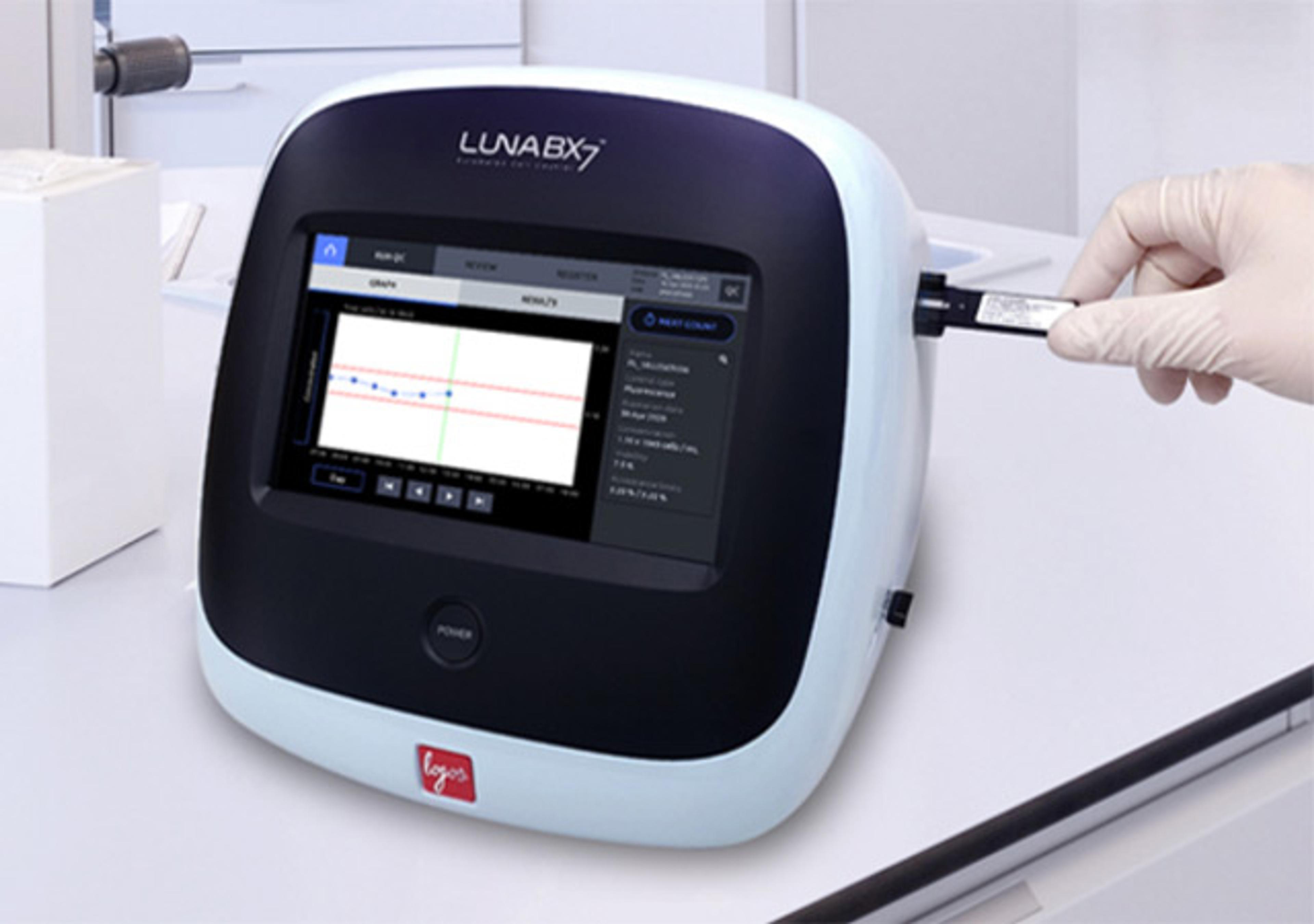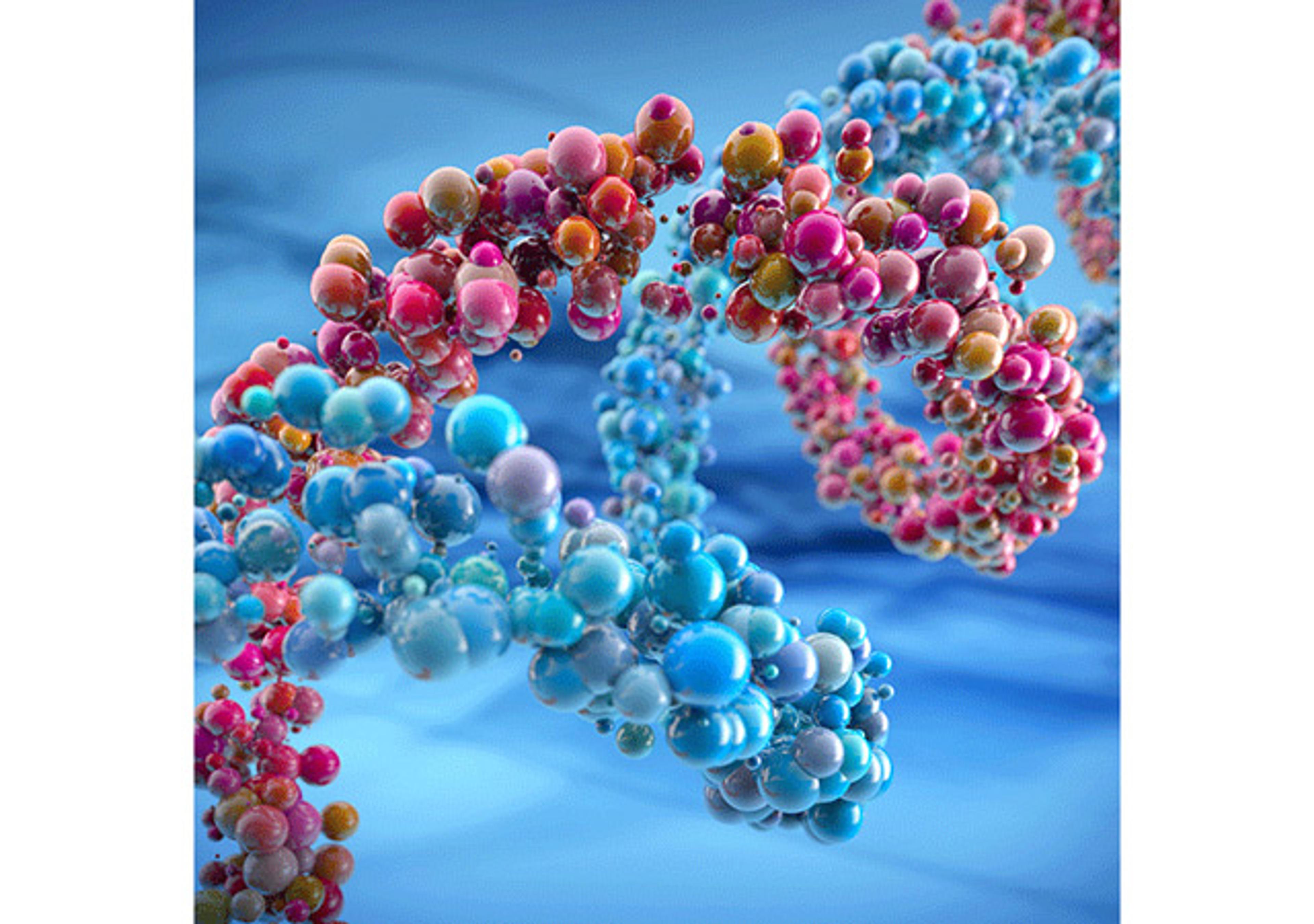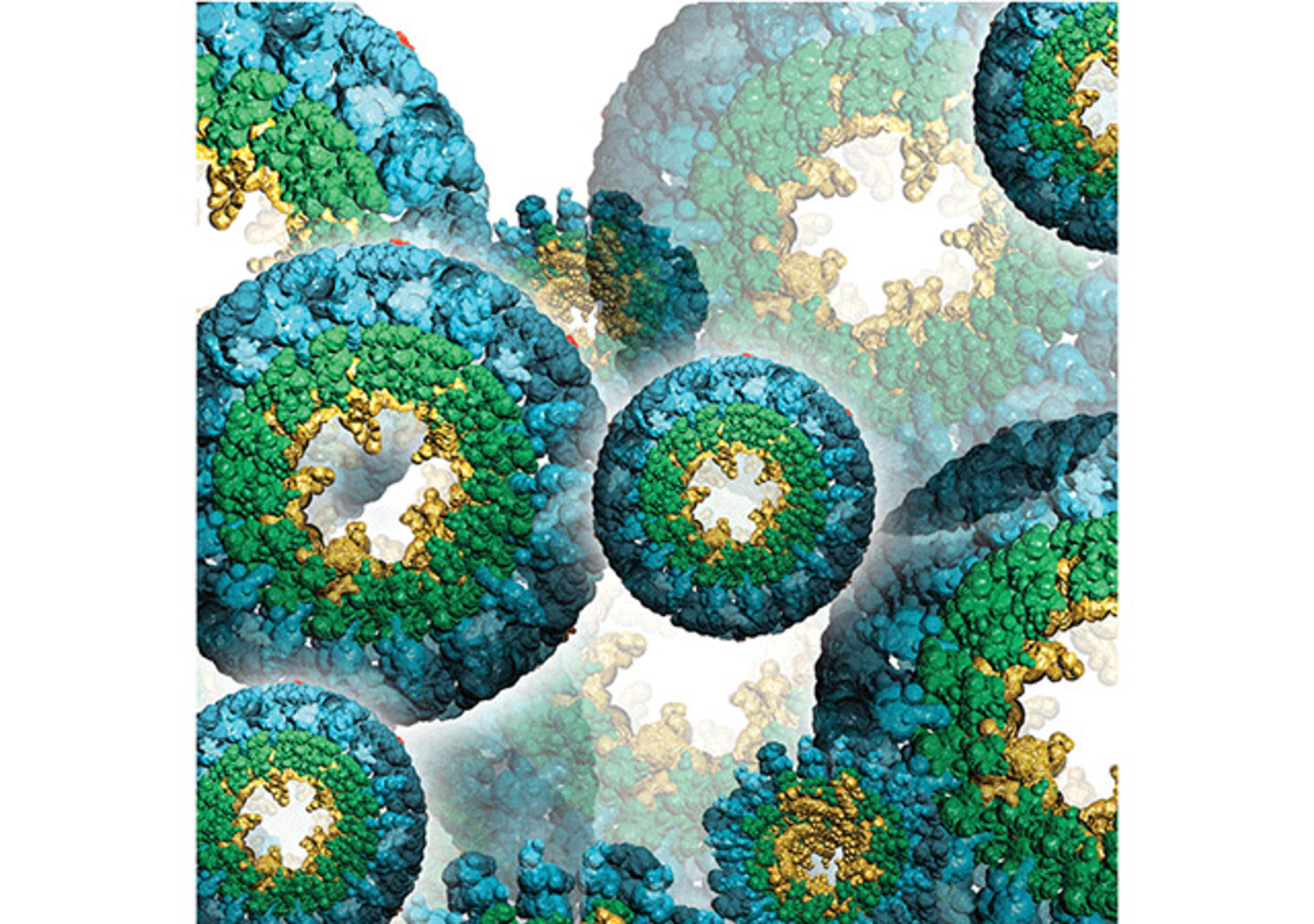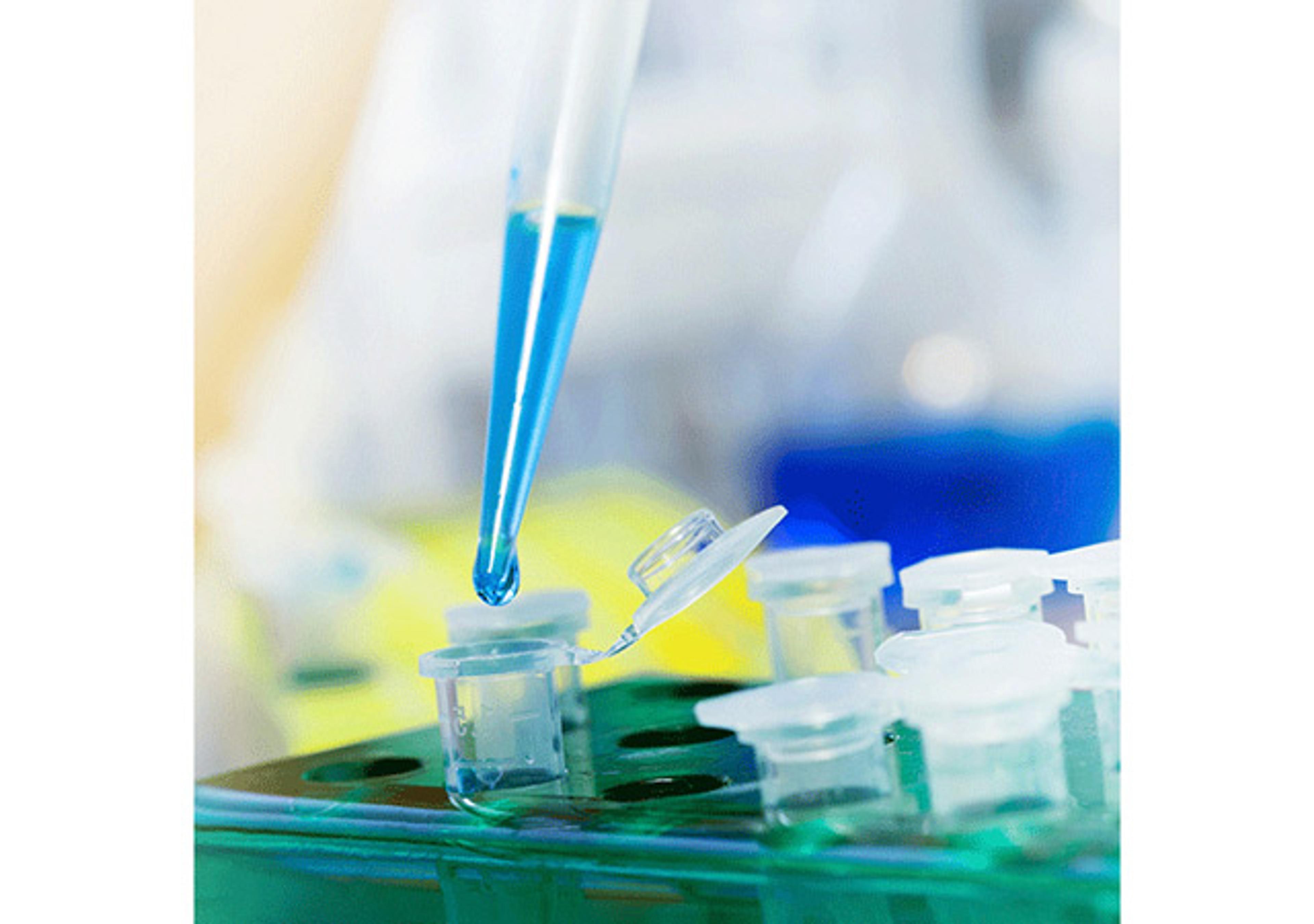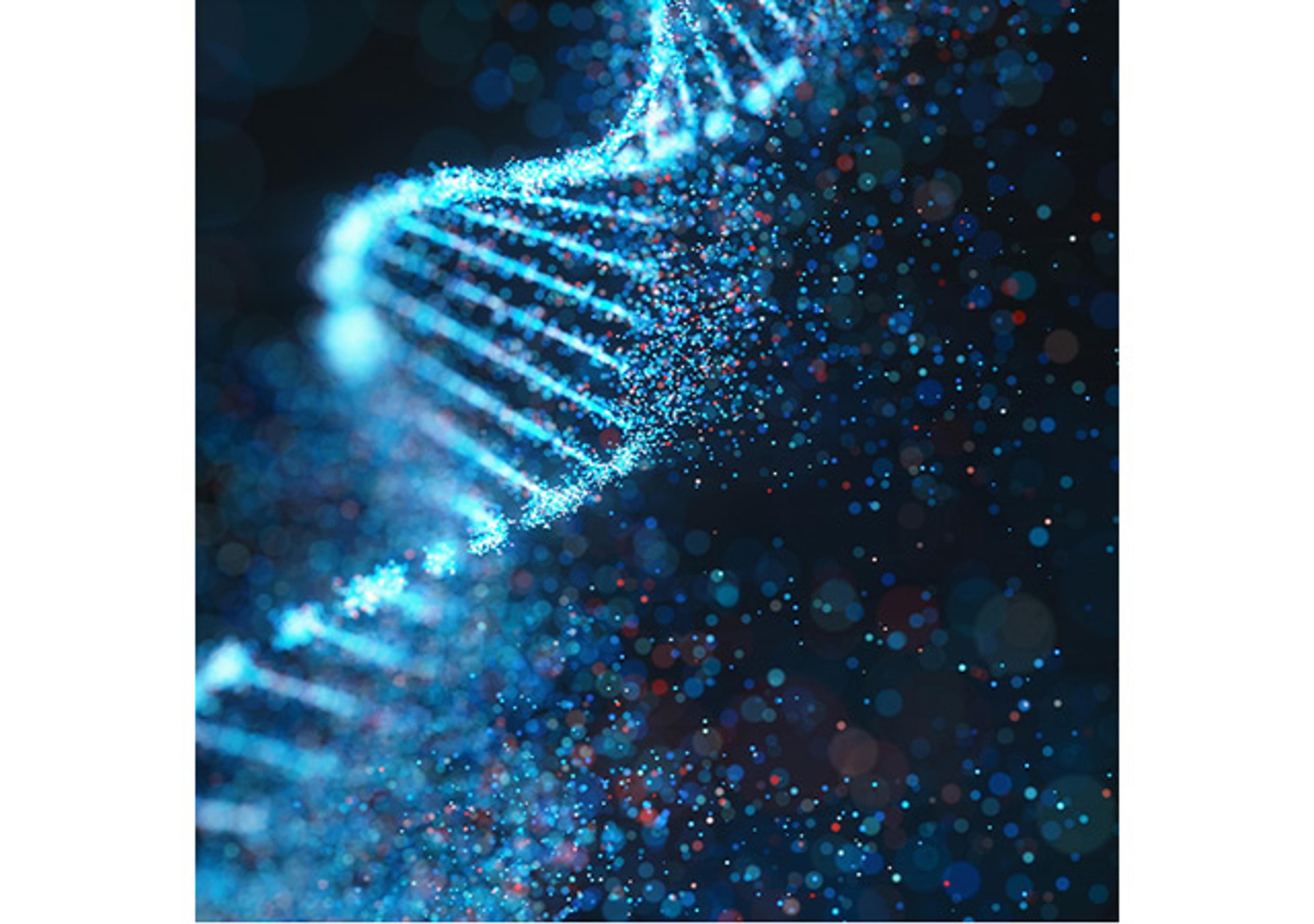Magnetic mRNA Isolation Kit
The New England Biolabs Magnetic mRNA Isolation Kit is designed to isolate intact poly(A)+ RNA from cells and tissue without requiring phenol or other organic solvents. The technology is based on the coupling of Oligo d(T)25 to 1 μm paramagnetic beads which is then used as the solid support for the direct binding of poly(A)+ RNA. Thus, the procedure permits the manual processing of multiple samples and can be adapted for autom…

The supplier does not provide quotations for this product through SelectScience. You can search for similar products in our Product Directory.
Great results and easy to use
Enrichment polyadenylated transcripts from total RNA of cultured cells
To enrich polyadenylated transcripts from total RNA of cultured cells, I used a magnetic mRNA Isolation kit (NEB) and then generated cDNA using an oligo(dT)12-18 primer. It is easy to use and works great. I recommend if you want to isolate intact poly(A)+ RNA.
Review Date: 26 Jun 2018 | New England Biolabs Inc.
The New England Biolabs Magnetic mRNA Isolation Kit is designed to isolate intact poly(A)+ RNA from cells and tissue without requiring phenol or other organic solvents. The technology is based on the coupling of Oligo d(T)25 to 1 μm paramagnetic beads which is then used as the solid support for the direct binding of poly(A)+ RNA. Thus, the procedure permits the manual processing of multiple samples and can be adapted for automated high-throughput applications. Additionally, magnetic separation technology permits elution of intact mRNA in small volumes eliminating the need for precipitating the poly(A)+ transcripts in the eluent. Intact poly(A)+ RNA which is fully representative of the mRNA population of the original sample can be obtained in less than one hour. Oligo d(T)25 Magnetic Beads can be reused up to three times and the researcher has the option of eluting the isolated mRNA or using the bound dT DNA as a primer in a first-strand cDNA reaction.



